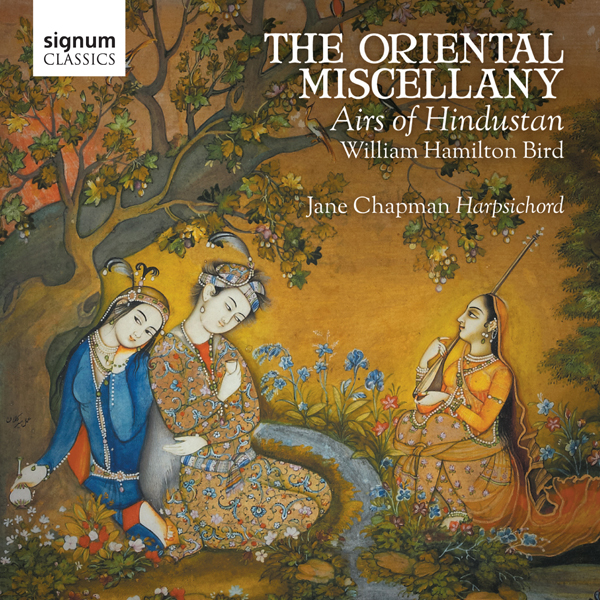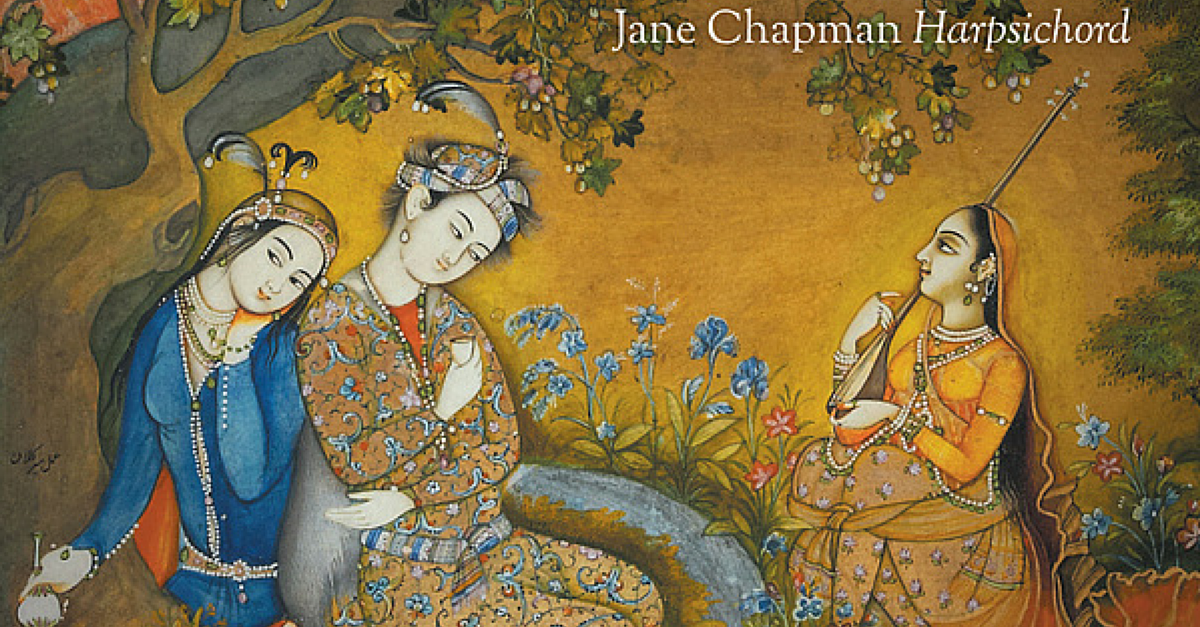
Photo Credits: Signum Records
The culture and heritage of India has long been in admirable standing. Of late, however, there have been arguments about the increasing loss of such a unique heritage, owing to the influence from the West. What if it were to occur the other way around?
Deemed as the ‘one of Britain’s most distinguished classical harpsichordists’ by the Wall Street Journal, Jane Chapman, recently released the ‘The Oriental Miscellany’. Compiled and adapted by William Hamilton Bird, she is also joined by the talented musician, Yu-Wei Hu. It is a beautiful composition which revels in the splendour of the 18th century Indian music.
This music, played in the courtrooms of emperors and enthralling the British, has since been lost in the illusion of ‘modern times’.
It is almost as though these compositions have been dug out of the graves of the long-lost and dead tunes of the Indian past, in order to re-establish its glory and magnificence. The intricacies of the music bathes itself in the sheer beauty of the regal heritage of India. If you wish to sneak a desperate peak at the brilliance, you can listen to samples at Amazon.
If you found our stories insightful, informative, or even just enjoyable, we invite you to consider making a voluntary payment to support the work we do at The Better India. Your contribution helps us continue producing quality content that educates, inspires, and drives positive change.
Choose one of the payment options below for your contribution-
By paying for the stories you value, you directly contribute to sustaining our efforts focused on making a difference in the world. Together, let's ensure that impactful stories continue to be told and shared, enriching lives and communities alike.
Thank you for your support. Here are some frequently asked questions you might find helpful to know why you are contributing?

